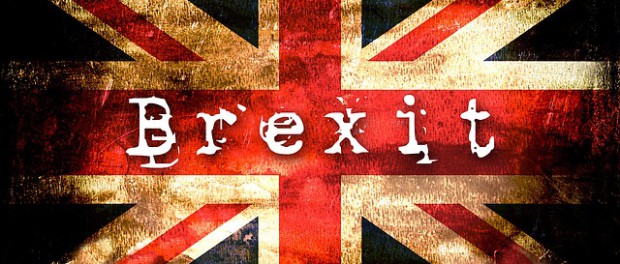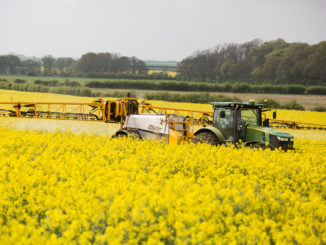UK prime minister Theresa May addressed he political party, the ruling Conservative party, at their conference at the start of the month. She tried to reassure the warring factions of that party that her plans for Brexit were on track. It’s clear she favours a hard – that’s complete – break from the EU, and not a soft – that’s partial – separation.

It may seem an eon ago now, but the EU referendum was actually called in the first place to placate the membership of a divided governing party. Now Teresa May must navigate perilous waters for the UK, where the devolved Northern Irish and Scottish regions as well as London voted differently to much of the rest of the UK.
Despite her repeated refusals to divulge her game plan, May gave a clear signal that she is preparing to turn her back on the single market. There is no other way to interpret her intention to: “…have the freedom to make our own decisions on a whole host of different matters, from how we label our food to the way in which we choose to control immigration.”
To get a handle on UK-EU food trade, consider these figures from Alan Matthews: “On the trade side, the EU accounts for 62% of UK exports and 70% of UK imports of agri-food products (2013 figures). On the other hand, the UK takes just 8% of the agri-food exports of other EU member states while it supplies just over 3% of their imports. Thus, while the UK can be seen as an important market for the EU agri-food sector, overall it is clear that the UK agri-food sector is much more dependent on EU markets than the EU is on the UK.”
Food labelling is just the tip of the iceberg when it comes to ensuring compliance for export markets. Without compliance, there can be no sale for UK food or any other exports to EU-27 countries. Turning her back on the single market to impose border controls may cost May more dearly than she expected.
So what else did she reveal about her plans to leave the EU? Her plans for Brexit start with a “Great Repeal Bill” in the next parliament that will remove the 1972 European Communities Act from the statute book once the UK formally leaves the European Union. When this happens, the acquis of existing European law will be converted into “British law”. May elaborated: “The judges interpreting those laws will sit not in Luxembourg but in courts in this country.”
The British government will invoke article 50 protocols by March 31 2017, at the latest, and will consult but over-ride all the national administrations of the UK in the ensuing negotiations. “There is no opt-out from Brexit,” May told the tory faithful. The current government is not required to stand for re-election until 2020, although as with all democracies, this can change.
May discards any notion that the UK might follow a Norway or a Switzerland model of EU membership. “It is going to be an agreement between an independent, sovereign United Kingdom and the European Union,” she declared. “We will do what independent, sovereign countries do. We will decide for ourselves how we control immigration. And we will be free to pass our own laws.”
May indulged her audience in a grandiose vision of: “Global Britain, a country with the self-confidence and the freedom to look beyond the continent of Europe…” It is hard not to sense a twinge of irony in the prime minister’s exhortation to: “…get behind the team of ministers – David Davis, Liam Fox, Priti Patel and Boris Johnson – who are working on our plan for Brexit.”
For until they deliver Brexit as a done deal, even as a member state negotiating to leave the EU, the UK is not in a position to sign trade agreements with third countries, still less open discussions for trade deals with individual EU-27 remainers. To be sure, May announced: “Countries including Canada, China, India, Mexico, Singapore and South Korea have already told us they would welcome talks on future free trade agreements. And we have already agreed to start scoping discussions on trade agreements with Australia and New Zealand.” But not a single new trade treaty can be ratified until the UK has finally negotiated its exit from the EU.
More





